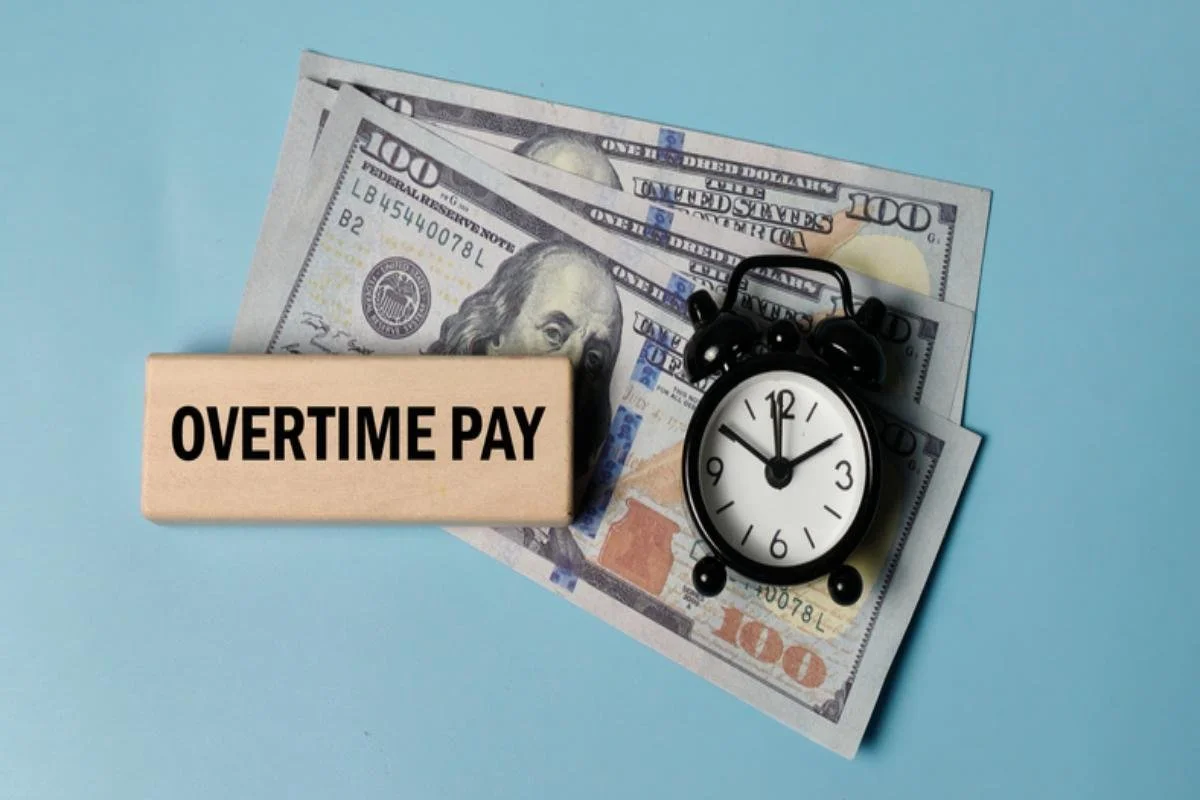$3 Million Unpaid Overtime Class Action Settlement from JP Morgan
/In a recent unpaid overtime class action settlement, JP Morgan Chase & Co. will pay $3 million to class members. The settlement will end claims made in a class action lawsuit alleging that the company failed to provide mortgage bankers with overtime compensation.
The unpaid overtime settlement was approved by Illinois federal judge Susan Cox. Under the settlement agreement, the class of close to 2,000 bankers will receive compensation for unpaid overtime in case. The settlement covers $1 million in attorneys fees and an enhancement award for the lead plaintiff totaling $1,000. It will also cover appropriate administrative and court costs.
Mortgage bankers in the class claim the company did not compensate them for overtime between April 5th, 2014 and November 30th, 2017. The representatives claim that the company’s overtime payment practice was in violation of both state and federal labor laws.
35% of the qualifying class members in the case submitted claims for settlement compensation. According to the settlement terms, JP Morgan Chase keeps any settlement funds left unclaimed. The judge approved of the deal, noting that it seemed like a good deal from the perspective of the court, and that given the allegations that were made in the case and the defense presented, it was a good resolution. She also found it significant that no qualifying banker objected to the settlement.
According to allegations, JP Morgan Chase used a system of base pay plus commissions for their mortgage bankers. Internally the pay structure was referred to as “incentive pay.” Yet bankers allege the system did not account for the fact that many of them worked over 40 hours per week. They claim they were not compensated for time spent working outside of the normal, full time, 40-hour work week.
Bankers were allegedly required to keep track of their hours by recording them in the company’s computer system. They were also required to record an unpaid lunch break (that many claim they spent working). Allegations were made that the system as it was set up did not allow mortgage bankers to record time spent working during the evening. Additional allegations were made that the company failed to pay earned commissions within a 13-day window as required by Illinois state law.
If you have questions about overtime, overtime compensation or how overtime payment should be calculated, please get in touch with one of the experienced California employment law attorneys at Blumenthal Nordrehaug Bhowmik De Blouw LLP.






